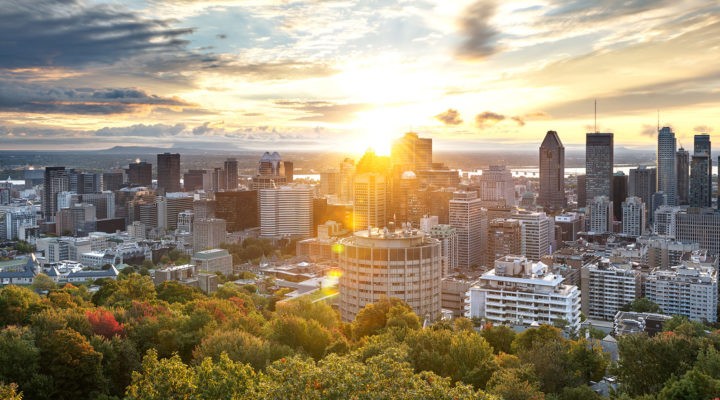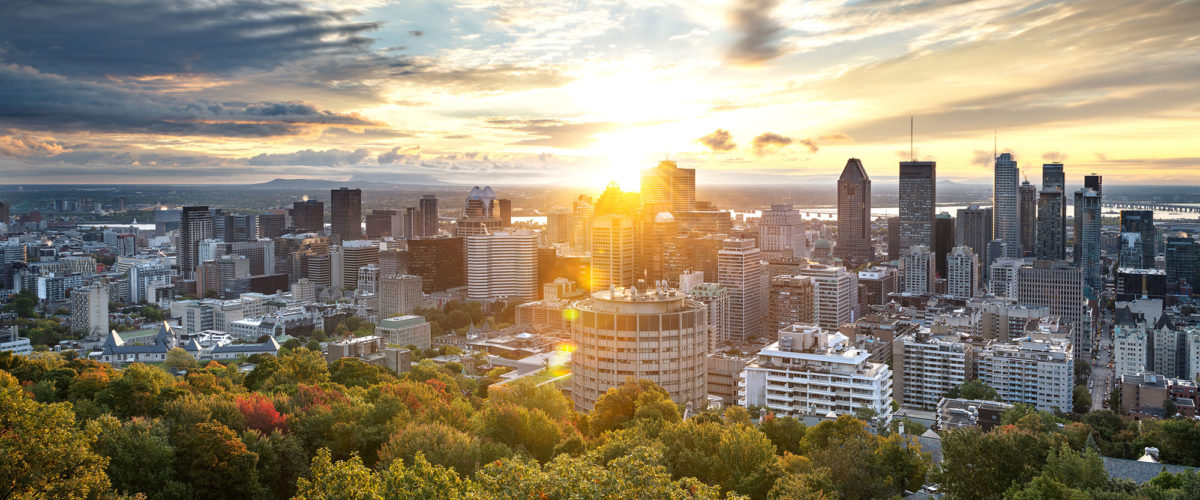In Harare, the capital of Zimbabwe, Tyron*, 27, recites “Bonjour” five times. They are refining their French. France and the U.S. are not on their mind.
“I switched two (Christian) mission schools in 10 years,” Tyron said. “I feared to be beaten for dressing ‘girlish.’ I’m headed to Montreal when this pandemic subsides.”
More than 7,700 miles away in the city of Montreal, Canada, Haru* flips through WhatsApp. “It was horrible to be gay in Zimbabwe, especially inside churches,” said Haru, 34. “I’m free at last here in Montreal, but what queer freedom is this in North America?”
“It was horrible to be gay in Zimbabwe, especially inside churches.”
Haru, always entrepreneurial and hoping to start a senior care staffing business, was an accountant for a nonprofit and owner of a small-time taxi business in Zimbabwe until July 2019. Then, because of a business deal related to their sexual orientation, ex-friends and business rivals outed them, thus drawing the eyes of the dreaded secret police and the fury of their church pastors.
Homophobic churches
“At once the pastor stopped accepting my Sunday offerings and tithes, declaring it to be dirty money,” Haru explained. “At first I thought of Houston, Texas, where a big Zimbabwe diaspora and churches exist but reasoned that only in French-speaking Montreal city, Canada, would I find some sort of rest.”
Homophobia is rife in Zimbabwe’s churches. For example, a study by Zimbabwe church scholar Janet Mudavanhu of the Methodist Church in Zimbabwe revealed the Methodist Church in Zimbabwe — one of the country’s largest faith denominations — abhors homosexuality and labels the orientation as not consistent with African culture.
“I was once discriminated against at a church I had joined. I offered my financial and administration services to get their books in order. These were declined as the pastor didn’t feel that ‘someone like me’ should be doing work for the house of God,” recalled Rikki Nathanson, a trans activist and board member for Outright International. Nathanson also was imprisoned for using a wrong bathroom in Zimbabwe and forced to find refuge abroad.
“The pastor didn’t feel that ‘someone like me’ should be doing work for the house of God.”
Word of mouth alliances
So, via word-of-mouth and WhatsApp groups in Zimbabwe, information exchanges exist between LGBTQ Christians remaining at home, like Tryon, and those like Haru who have made it to relative safety in Canada.
“In last five years we got such a quiet, but growing Zimbabwe LGBT diaspora refuge here in Montreal; it’s the safest place in North America,” Haru said over black tea.
In the past, the U.S. and South Africa were prime destinations for Zimbabwe’s LGBTQ refuge seekers. But the general rise of hateful rhetoric in America after 2016, and pushbacks from bigoted asylum officers in South Africa are convincing the likes of Haru to skip both countries. “We can’t consider America anymore. South Africa is a non-starter.”
Haru says Zimbabwean LGBTQ refugees with Canadian visas simply fly to Canada and make their claims for protection on landing and head later to Montreal city.
Then there is a special group of Zimbabwe LGBTQ refugees who hold American visas but not Canadian visas. On landing in America, this category takes a bus to the U.S.- Canadian border. If they have a family member in Canada, they are eligible to make refugee claim at a Canadian border crossing. If they don’t have a family member in Canada, before the pandemic, under the U.S.-Canada Safe Third Country Agreement rules, they were able to walk across the grass in upstate New York and make a claim once on Canadian soil. Data from the Canada Border Services Agency shows that between January 2017 and October 2020, up to 58,939 irregular asylum seekers walked into Canada this way.
“That’s how I find myself here in Montreal,” Haru explained.
We fear Zimbabwe churches
There’s a reason Montreal City has silently become a growing sanctuary place for persecuted Zimbabwe LGBTQ refuge seekers ahead of other cities in North American like Houston or Toronto, where big Zimbabwe diaspora communities already exist.
First, in fiercely secular Montreal City, there are welcoming local attitudes and an electric Pride scene and there’s an absence of fellow Zimbabweans.
“The rampant homophobia in Zimbabwe’s churches that drives out LGBTQ worshippers exists too in Zimbabwe diaspora churches in the U.S., Europe and Canada.”
“Corny to say it, but the tiny presence of fellow Zimbabweans and Zimbabwean diaspora churches in Montreal city is very important,” stressed Haru, explaining it is necessary to flee your own fellow citizens and churches at home and abroad. This is so because the rampant homophobia in Zimbabwe’s churches that drives out LGBTQ worshippers exists too in Zimbabwe diaspora churches in the U.S., Europe and Canada.
“I can’t aim for big, English-speaking cities like Toronto, New York or Dallas where thousands of fellow Zimbabweans already live; we fear Zimbabweans,” Haru said. “Diaspora churches, pastors, sports clubs headed by Zimbabwe immigrants are numerous; it’s just another risk of being spied on, like back home in Zimbabwe; hence I prefer Montreal.”
Language too offers protection for Zimbabwe LGBTQ refuge-seekers. Many asylum seekers from English-speaking countries in Africa like Zimbabwe don’t settle for long in Montreal, which is a predominantly French-speaking city. They seek out English-speaking Canadian cities like Toronto, which makes it safer for LGBTQ refugees to stay in Montreal.
“With few of your fellow Zimbabweans and their churches sticking around, Montreal is a spot to live your life undisturbed,” Haru said. “We purposefully avoid big English-speaking cities with big Zimbabwe immigrant churches where homophobic attitudes imported from home are present.”
*These individuals’ names have been changed to protect their safety and not put their families living in Zimbabwe in harm’s way.
Ray Mwareya reported from Canada and Tichaona Jonge from Zimbabwe.


